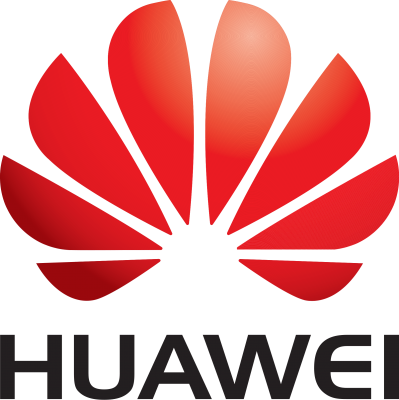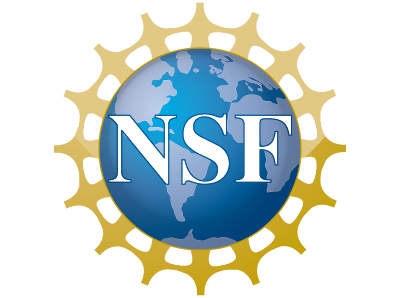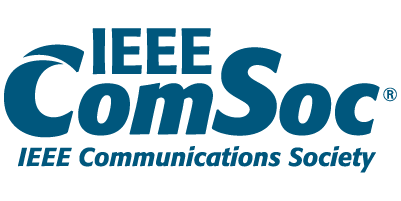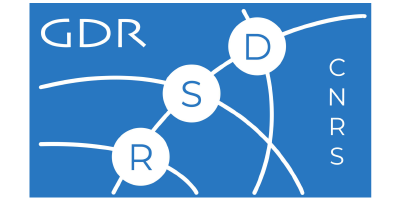Workshop on Ultra-Low Latency in Wireless Networks (ULLWN)
Monday, 29 April 2019 ● 8:00 – 12:30 ● Room: Studio B
In order to handle the ever-increasing traffic load, existing wireless networks have typically been designed and planned with a focus on improving throughput and increasing coverage. Achieving ultra-low latencies – often together with unprecedented levels of reliability, has not been in the mainstream in most wireless networks, due to the focus on human-centric communications and delay-tolerant content. However, a plethora of socially useful applications and new uses of wireless communication are envisioned in areas such as augmented and virtual reality (AR/VR), industrial control, automated driving or flying, mission-critical IoT, remote robotics, smart grid and tactile Internet. In response, new releases of mobile cellular networks (mainly focusing on 5G new radio and beyond) are envisaged to support scenarios with extremely strict requirements in terms of latency (ranging from 1 ms and below to few milliseconds end-to-end latency depending on the use cases). Low latency communication poses significant theoretical and practical challenges, requiring a departure from throughput-oriented system design towards a holistic view (network architecture, control, and data) for guaranteed and reliable end-to-end latency. Cooperative networking can maintain the robustness of network connectivity, since in cooperation, wireless nodes assist each other for improved connectivity and increased diversity. Most present systems employ centralized resource allocation, which is inappropriate for such applications though, as it relies on a significant control-layer overhead and incurs severe latency.
Workshop Organizers:
Nikolaos Pappas (Linköping University, Sweden)
Themistoklis Charalambous (Aalto University, Finland)
Marios Kountouris (Huawei Technologies, France)
Steering Committee
Gustavo de Veciana (University of Texas at Austin, USA)
I-Hong Hou (Texas A&M University, USA)
Thrasyvoulos Spyropoulos (EURECOM, France)
___________________________________________________________________________________________________________________________
08:00 – 08:10
Opening Session
Chairs: Nikolaos Pappas, Themistoklis Charalambous, and Marios Kountouris
08:10 – 09:10
Keynote Session
How Reliability, Latency, Massiveness, and Distributed Ledger Technology are Transforming IoT Connectivity
Petar Popovski (Aalborg University, Denmark)
09:10 – 10:00
Session 1
OLMA: Online Learning Multiple Access for URLLC Applications
Apostolos Destounis, Dimitrios Tsilimantos, M´erouane Debbah and Georgios S. Paschos (Mathematical and Algorithmic Sciences Lab, France Research Center, Huawei Technologies Co. Ltd.)
Supervised Learning based Arrival Prediction and Dynamic Preamble Allocation for Bursty Traffic
Thilina N. Weerasinghe, Indika A. M. Balapuwaduge, and Frank Y. Li (Dept. of Information and Communication Technology, University of Agder, Grimstad, Norway)
10:00 – 10:30
Coffee Break
10:40 – 11:40
Session 2
Cross-Layer Pacing for Predictably Low Latency
Andreas Schmidt (Saarland Informatics Campus), Stefan Reif (Friedrich-Alexander University Erlangen-Nurnberg), Pablo Gil Pereira (Saarland Informatics Campus), Timo Hönig (Friedrich-Alexander University Erlangen-Nurnberg), Thorsten Herfet (Saarland Informatics Campus), Wolfgang Schröder-Preikschat (Friedrich-Alexander University Erlangen-Nurnberg)
Improving Google’s BBR for Reduced Latency and Increased Fairness
Menglei Zhang, Marco Mezzavilla, Sundeep Rangan, Shivendra Panwar (NYU WIRELESS, New York University, NY, USA)
LoLA4SOR: A Low-Latency Algorithm for Successive Opportunistic Relaying
Nikolaos Nomikos (Dept. of Information and Communication Systems Engineering, University of the Aegean, Greece), Themistoklis Charalambous (School of Electrical Engineering, Aalto University, Espoo, Finland), Nikolaos Pappas (Dept. of Science & Technology, Linköping University, Sweden), Demosthenes Vouyioukas (Dept. of Information and Communication Systems Engineering, University of the Aegean, Greece), Risto Wichman (School of Electrical Engineering, Aalto University, Espoo, Finland)
11:40 – 12:00
Closing Session











